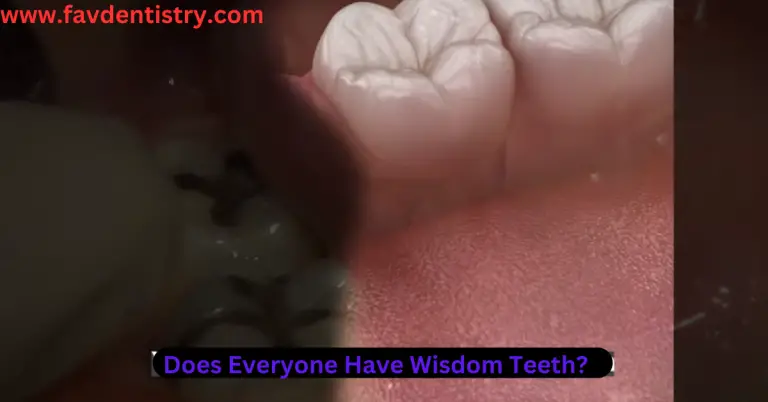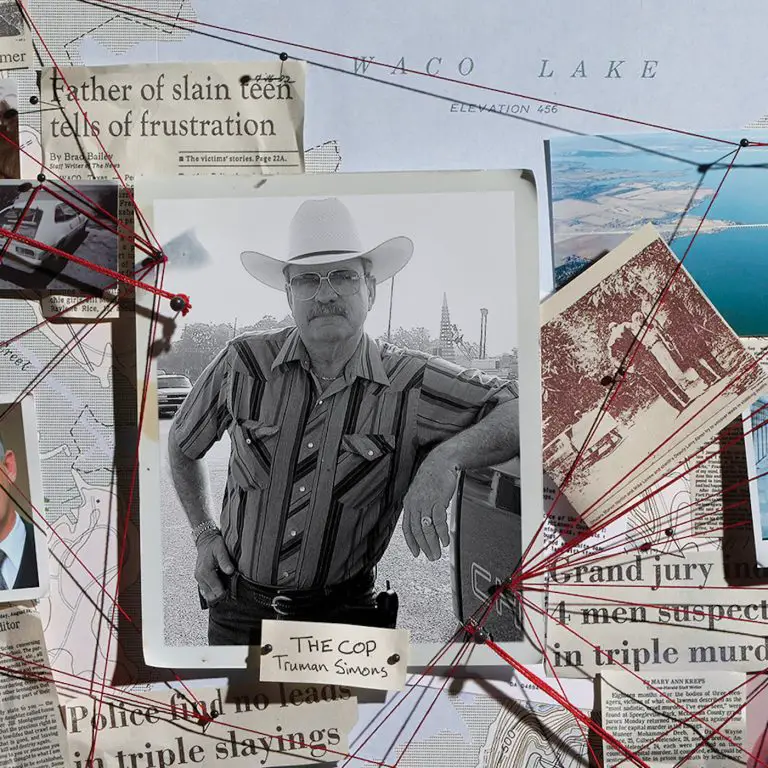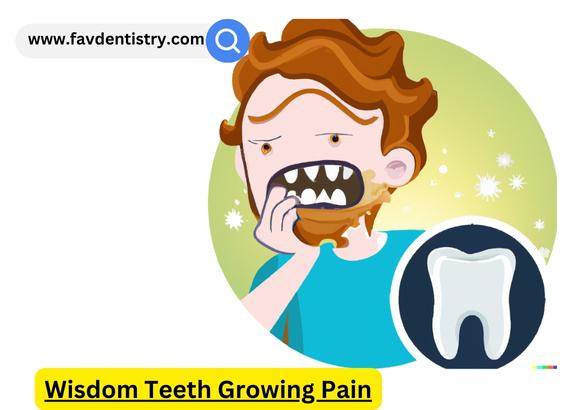Last Updated on 3 weeks by Dr. Michelle G. Brito
It is not recommended to drink alcohol after tooth extraction as it can delay healing and increase the risk of complications. After a tooth extraction, it’s essential to avoid alcohol to promote proper healing and reduce the chances of infection and complications.
After undergoing a tooth extraction, it’s crucial to prioritize proper healing to avoid any potential issues. This article will provide valuable information on the effects of consuming alcohol after a tooth extraction, why it’s not advisable, and the potential risks involved.
Additionally, we’ll explore alternative beverages and practices that can aid in recovery and promote overall dental health. By understanding the impact of alcohol on the healing process post-tooth extraction, individuals can make informed decisions to ensure a smooth recovery and minimize discomfort.
Precautions Post Tooth Extraction
After undergoing a tooth extraction, it is crucial to adhere to certain precautions to facilitate the healing process. Avoiding alcohol consumption is essential during this period as it can interfere with the formation and protection of the blood clot, which is crucial for initiating the healing process. Additionally, alcohol can also negatively impact the role of saliva in wound healing. By understanding the healing process, including blood clot formation and the role of saliva, individuals can take the necessary precautions to ensure optimal recovery after tooth extraction.
Managing Diet And Beverages
It is essential to be mindful of diet and beverages after a tooth extraction. Suggested foods post-surgery include soft items such as mashed potatoes, yogurt, and applesauce. These options are gentle on the extraction site. When it comes to liquids, it is crucial to consume cold or lukewarm beverages and avoid hot drinks as they can impact the temperature of the extraction site and delay the healing process. Additionally, it is important to adhere to the guidelines provided by the dentist to ensure a smooth recovery.
Alcohol’s Effect On Oral Healing
Drinking alcohol after tooth extraction can have detrimental effects on the healing process-
Interaction with blood clotting: Alcohol consumption can interfere with the formation of a blood clot, which is crucial for the initial stages of healing. This may lead to prolonged bleeding and increase the risk of developing a dry socket.
Alcohol-induced inflammation risks: Alcohol can exacerbate inflammation at the extraction site, hindering the body’s natural healing response and potentially leading to discomfort.
Delayed healing and potential complications: The presence of alcohol in the system can impede the body’s ability to heal, potentially leading to delayed recovery and an increased risk of infection or other complications.
Therefore, it is advisable to refrain from consuming alcohol during the critical healing period following a tooth extraction.
Alcohol And Pain Management
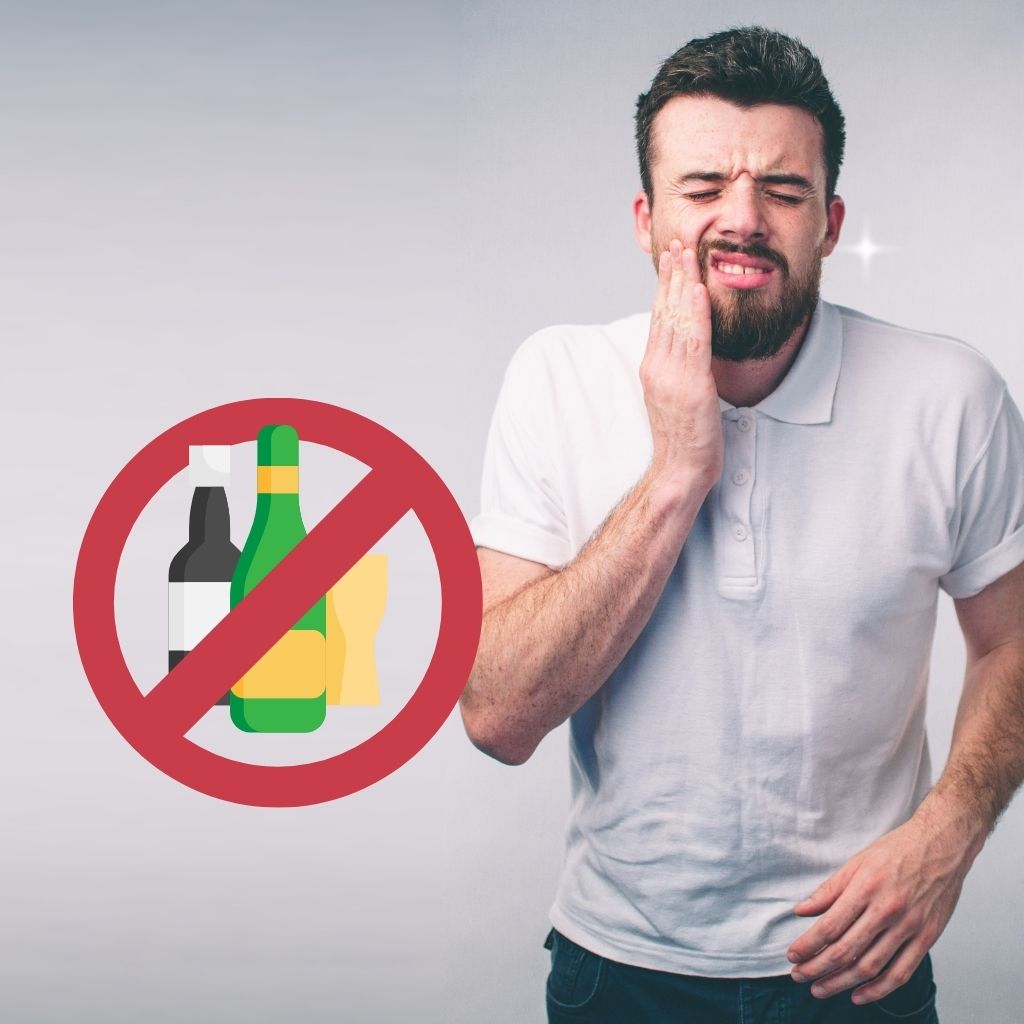
Drinking alcohol after a tooth extraction can have negative effects on the healing process. Alcohol can interfere with pain medications and cause complications during the recovery period. It is important to consider the risks associated with mixing alcohol and pain medication as it can lead to adverse reactions and delay the healing process. Instead of relying on alcohol for pain management, exploring natural alternatives such as using ice packs, elevating the head while sleeping, and consuming soft foods can be beneficial. These methods can help alleviate discomfort without the potential negative impact of alcohol on the healing process.
Guidelines For Alcohol Consumption
It is recommended to wait at least 24 hours before reintroducing alcohol consumption following a tooth extraction. Moderation is key to ensuring oral health maintenance. Avoid drinking through a straw to prevent dislodging the blood clot formed in the extraction site. Additionally, it’s important to be mindful of any medications prescribed post-extraction that may interact with alcohol. In conclusion, while it’s safe to reintroduce alcohol into your diet after a waiting period, it’s crucial to do so in moderation to promote optimal oral health.
Follow-up And Aftercare Practices
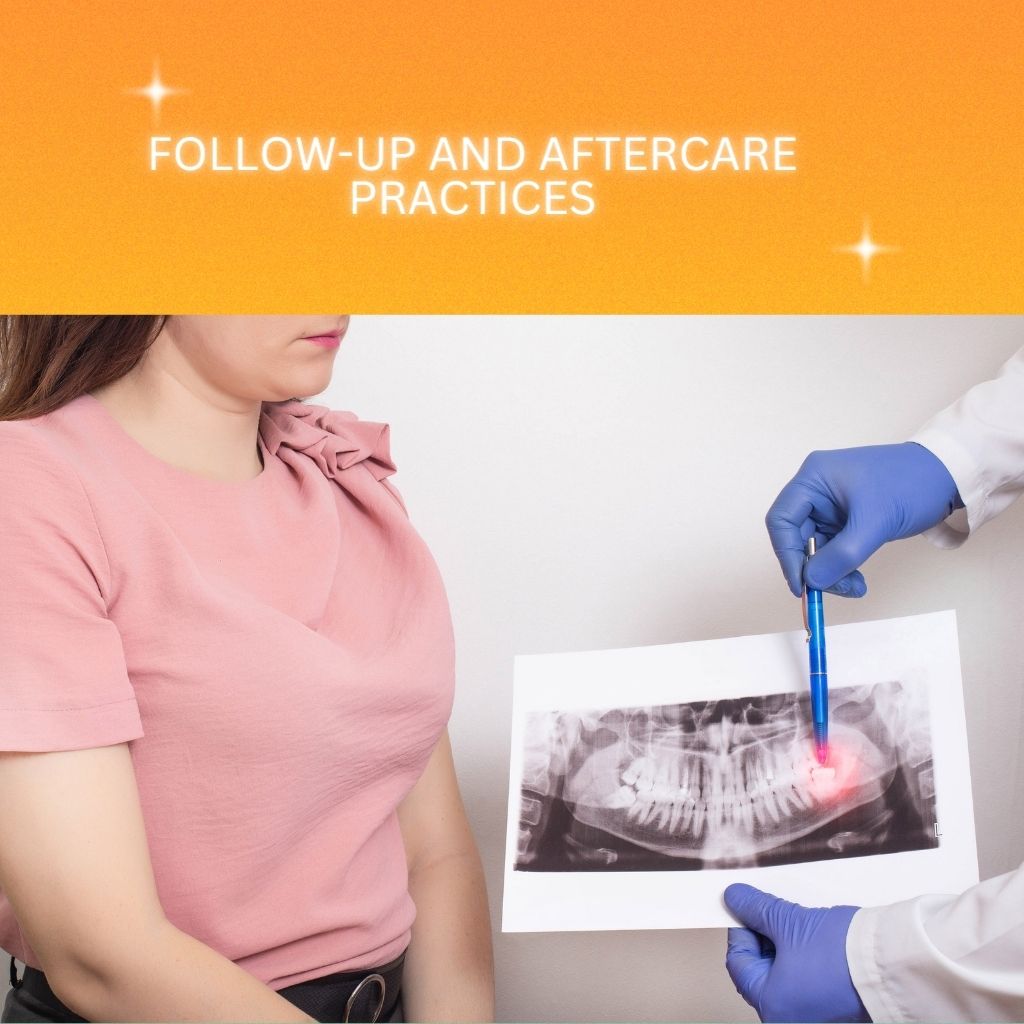
Recognizing signs of proper healing: After a tooth extraction, it’s important to observe for signs of proper healing, such as reduced swelling and pain, as well as the formation of a blood clot at the extraction site.
When to seek dental advice post-extraction: If you experience severe pain, increasing swelling, persistent bleeding, or signs of infection such as fever or chills, it’s crucial to seek immediate dental attention to prevent any complications.
Importance of follow-up dental appointments: Scheduling and attending follow-up appointments with your dentist is essential to monitor the healing progress, ensure proper care for the extraction site, and address any concerns or complications that may arise.
Conclusion
Consuming alcohol after a tooth extraction is not recommended due to its potential to interfere with the healing process and cause complications. It’s essential to prioritize the recovery period and follow the dentist’s instructions for optimal healing. By avoiding alcohol, you can speed up the healing process and minimize the risk of post-extraction complications.

